If you’ve ever listened to a tune during a dark time and come away feeling better, you know first-hand that music can be a powerful salve. Take that transformation and multiply it many times, and you get a glimpse of what they’re doing at Musicians On Call, a charitable group that uses music to lift the spirits of hospital patients.
Musicians On Call sends artists into hospitals to perform at the patient’s bedside. It’s as basic as a guy singing a song and strumming along on acoustic guitar — and yet the organization has seen miraculous changes in its audience, from veterans moving injured limbs in time to the music, to despondent patients breaking into a smile.
The New York-based group was founded in 1999 by entrepreneurs Michael Solomon and Vivek Tiwary. Both had loved ones in the hospital who’d passed away. After witnessing a moving performance at a hospital by jazz musician Wynton Marsalis, and seeing how it elevated the room and the audience, Solomon and Tiwary were inspired to create the group.
They began with the bedside performance program, delivering live, in-room performances to patients who were undergoing treatment or unable to leave their beds. Musicians On Call now works with more than two dozen facilities across the country, and its volunteer musicians have performed for half a million patients and their families.
They’ve even had surprise performances by big-name musicians such as Keith Urban and donations from the likes of Katy Perry.
They’re believers in the transformative power of their service, which they say goes beyond making someone smile or brightening up the clinical atmosphere inside a hospital. Music can improve blood pressure, alleviate pain, reconnect people to positive memories, improve their mindset and emotional outlook, and manage stress. Added up, it can even reduce time in the hospital.
“We seek to deliver the healing power of music to those that need it most: hospital patients,” says Pete Griffin, MOC president. “Thanks to our supporters, we’ve brought live music to the bedsides of nearly 600,000 patients, families, and caregivers.”
Visits consist of a team: a guide who makes the introductions, and a musician who puts on the show.
In addition to musicians performing in-house, the organization also has a virtual bedside performance program that broadcasts to patients, either in the hospital or recuperating at home, through video services such as Google Hangouts. They’ve also done recording sessions with patients and delivered CDs.
The essence of being a musician is entertaining others, but this program takes it to another level. Helping someone during such a stressful experience is uplifting not only for the audience, but also for their families and for the musicians, Griffin says.
“We bring in a completely different energy,” he says. “Even if it’s just for a minute or a few seconds, you can tell that everyone’s forgotten where they’re at.”
